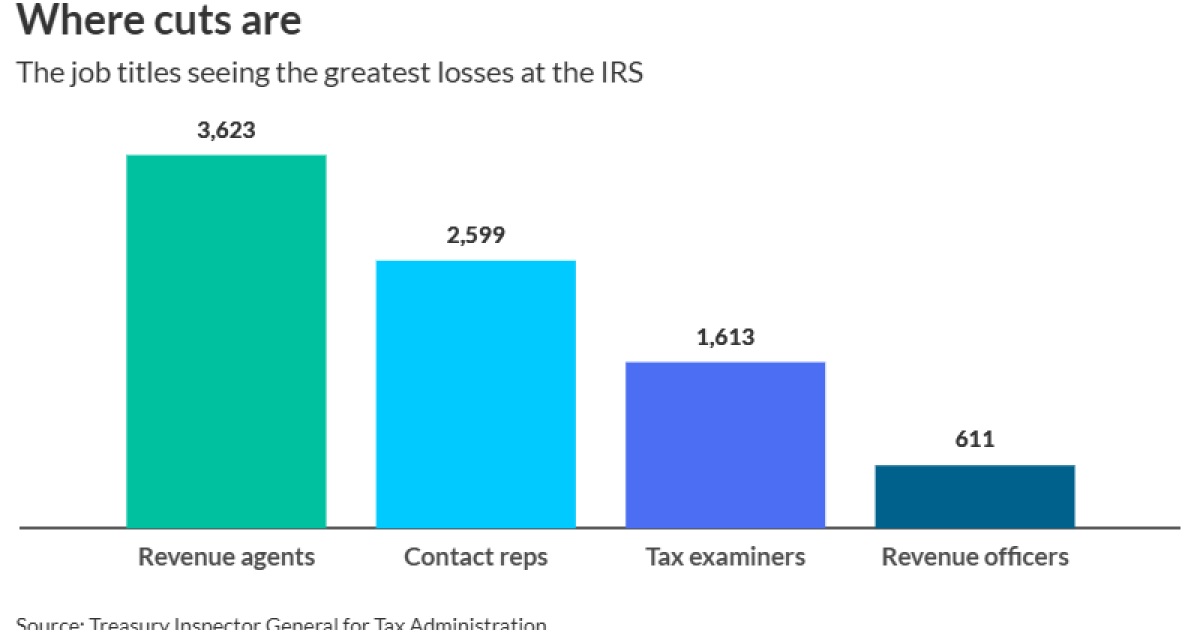The hiring pace at small businesses dropped slightly in July, payroll processor Paychex reported Tuesday, but wage growth remained consistent.
The Paychex Small Business Employment Watch indicated that hourly earnings growth for U.S. workers in businesses with fewer than 50 employees has held steady since May, reporting 3.16% growth in July, but weekly earnings growth remained below 3% for the sixth month in a row.
The Small Business Jobs Index has averaged moderate employment gains (100.44) through seven months of 2024, but the July reading fell below 100 to 99.87. Still, the majority of states did report an index level above 100 in July, but others are driving the national index to trend downward.
“We’ve been seeing decelerating growth, but growth,” said Frank Fiorille, Paychex vice president of risk, compliance and data analytics. “This is the first month in a very, very long time that the index did print a number of under 100, which is a barometer to say that small businesses now are not adding employees. But you can have some noise in those one-month numbers. If you look at the past six or seven months, the index is still above 100. It’s still showing some pretty decent growth.”
The top four states for small business employment growth in July are all in the Midwest (Indiana, Michigan, Missouri and Ohio). But employment growth in California fell again in July to 98.74, indicating more significant year-over-year job losses.
“The number itself is a little weak, but overall the majority of states are still reporting growth, which is another positive thing to see,” said Fiorille. “California continues to be a laggard and report really soft numbers, and then New York is in that lower quintile too.”
At 2.87%, weekly earnings growth has trended just below 3% for the past six months. Weekly hours worked growth (-0.20%) remained negative year-over-year for the 16th consecutive month.
“The other thing that we’ve been consistently seeing is wages continue to have pretty soft numbers, 3.16 on the average hourly earnings,” said Fiorille.
The construction sector had the largest one-month change among industries, down 0.67 percentage points to an index level of 99.77 in July, yet it continued to lead growth among sectors in hourly earnings (3.84%), weekly earnings (3.79%), and weekly hours worked (0.16%) for the ninth consecutive month. Education and health services (102.04) remained the top industry for small-business employment growth in July, yet reports the weakest hourly earnings growth at 2.67%.
As for what accountants should tell their small business clients to watch for, Fiorille pointed to the upcoming election and the fate of expiring tax provisions from the Tax Cuts and Jobs Act. “Next year is really the year of taxes, and what that’s going to mean not just for businesses, but consumers as well,” said Fiorille, “We’re going to watch it really closely. It can really change the landscape of things.”
He noted that Senate Majority Leader Chuck Schumer, D-New York, wants to bring up the tax extenders bill that has been stalled in the Senate ever since it was passed at the end of January in the House. It would extend provisions, such as research and development expensing, 100% bonus depreciation, interest expensing, an expanded Child Tax Credit, disaster tax relief, improvements in the Low Income Housing Tax Credit, a tax agreement with Taiwan, and an end to the fraud-plagued Employee Retention Credit.
“Our assessment is it’s not going to go anywhere, but he just wants to get the Republicans to go on record not voting for it,” said Fiorille.


 Economics1 week ago
Economics1 week ago
 Accounting1 week ago
Accounting1 week ago
 Blog Post5 days ago
Blog Post5 days ago
 Economics1 week ago
Economics1 week ago
 Personal Finance1 week ago
Personal Finance1 week ago
 Economics6 days ago
Economics6 days ago
 Personal Finance1 week ago
Personal Finance1 week ago
 Finance1 week ago
Finance1 week ago











